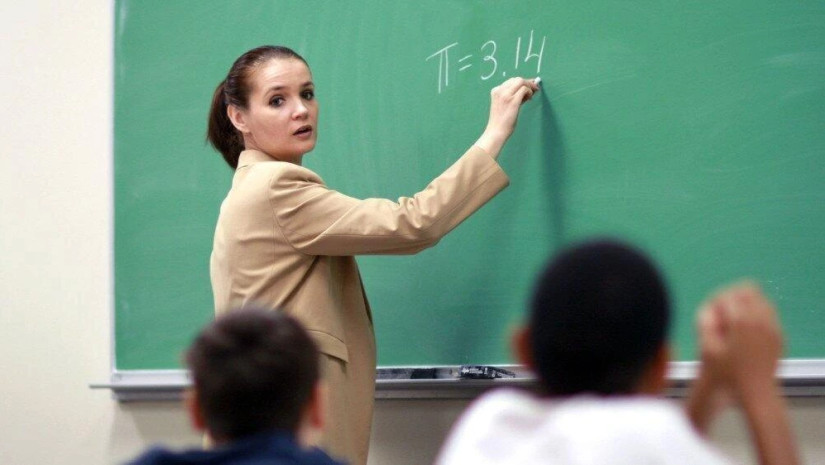Full-time teachers in Israel earn an average of NIS 13,880 (US$4,314), with veteran teachers earning 3.7 times more than beginning teachers, according to a report by the Finance Ministry's Commissioner of Wages.
The country has some 138,597 teachers, including 115,285 full-time teachers.
They teach 20,600 kindergartens, 5,700 schools, and 96,000 classes, with an average of 25 students per class. With an annual budget of NIS 66.5 billion (US$20,670,667,150), the educational system comprises the largest component of the national budget, spending 10.8% of the total, JPOST (The Jerusalem Post) reports.
Kindergarten teachers earn an average of NIS 12,884 (US$ 4, 005), working 30.4 hours per week.
A representative from the Finance Ministry noted that, with the average full-time teacher's salary more than NIS 2,500 (US$777) than the national average salary of NIS 11,358 (US$3, 530), "teachers' salaries are not as low as are commonly thought."
When part-time teachers are factored into the numbers, the average salary falls to NIS 12,200 (US$3,800). The average part-timer earns NIS 5,287 (US$ 1, 643) for 62% of the hours of a full-time teacher.
Full-time teachers work for 36 hours per week, or 34 for people above age 50 or on parents' salaries.
The average starting salary for a teacher is NIS 8,474 (US$2, 635).
In non-pandemic years, students in Israeli grade schools learn for 219 days a year, and high school students learn 210 days. That translates to the highest number of school hours in the OECD.
This period lasted at least 30 days in kindergartens, 24 days in elementary school and 35 days in middle school.
Due to the pandemic, during the past school year, schools were closed for at least 30 days in kindergartens, 24 days in elementary school and 35 days in middle school. Despite that, teachers received their full salaries the entire school year.
The Commissioner of Wages did not like that arrangement, and if a similar situation arose again, it would be preferable to send teachers and students on vacation during closure periods and extend the school year into the summer instead.
"About a year and a half ago, a health and economic epidemic broke out in our lives when hundreds of thousands of teachers were required to adapt to a new era in which learning takes place online," wrote Wage Commissioner Kobi Bar Natan. "In this report, we highlight aspects that require improvement regarding distance learning, with our position that with developments with the epidemic should require adjustments to students' vacation schedule, especially at young ages, to maximize the number of frontal days essential for their emotional development and minimize future impairment."
Teachers in Israel can receive tenure after just two years of working. That should ideally be raised to five years, Bar Natan recommended. Firing a teacher is too hard, requiring revoking their teaching license, and the process should be changed to allow principals to manage their workforce better.
The government education system report is usually part of a broader report on all salaries in the civil service and the defense system. However, it was separated out this year in order to highlight certain issues.
















